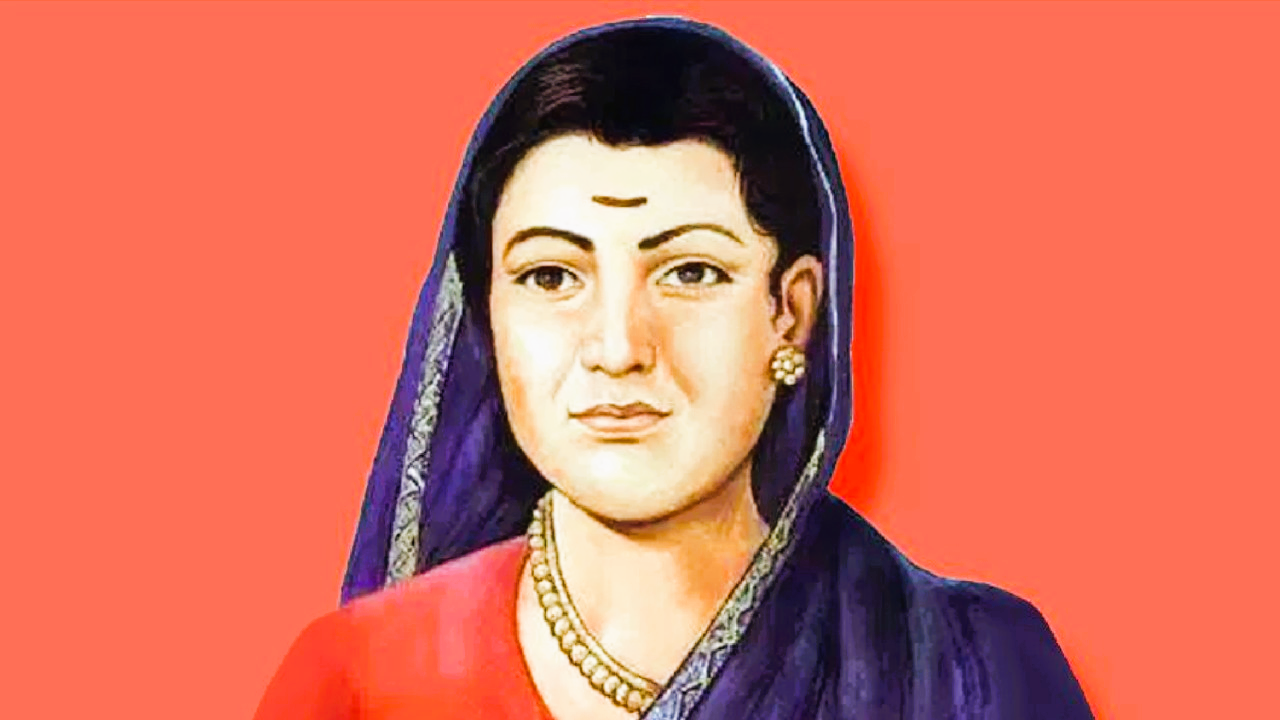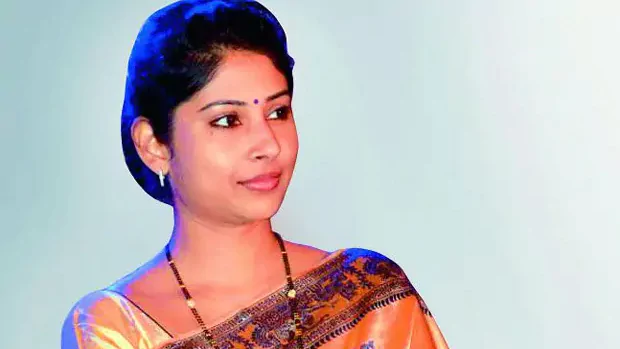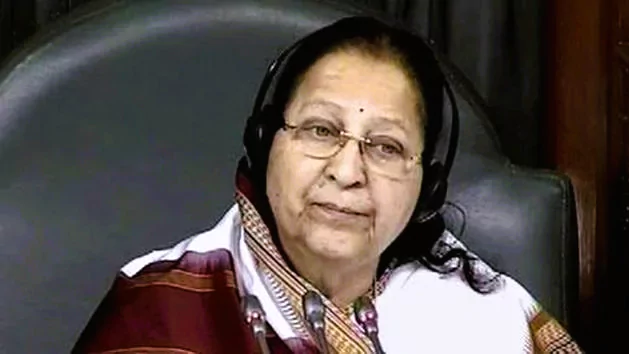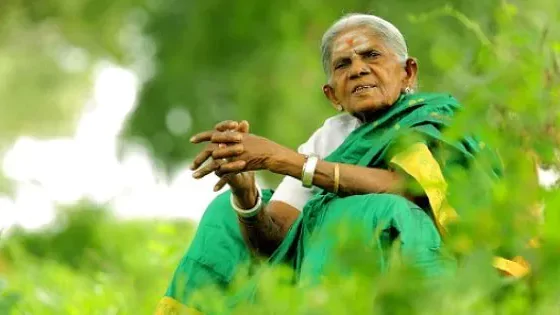Savitribai Phule
Savitribai Phule was an Indian teacher, social worker, and poet from Maharashtra. He was born on 3 January 1831 in Maharashtra. She is considered a pioneer of the feminist movement in India. She was the first female teacher of India, who explained the importance of education to girls. Savitribai Phule along with her husband played an important role in improving the rights of women in India. He worked to end the unfair treatment of people on the basis of caste, gender.
Savitribai Phule India’s First Female Teacher: Savitribai Phule was an Indian social reformer, educationist and poet from Maharashtra. Along with her husband in Maharashtra, she played an important role in improving women’s rights in India. She is considered the leader of the feminist movement in India. Savitribai and her husband established one of the first modern Indian girls’ schools in Pune in 1848 at Bhide Wada. He worked to eliminate discrimination and unfair treatment of people on the basis of caste and gender.
Savitribai was illiterate at the time of her marriage. Her husband Jyotirao taught Savitribai and her cousin Sagunabai Shirsagar at their home as well as working in their fields. After completing his primary education with Jyotirao, his further studies were the responsibility of his friends Sakharam Yashwant Paranjpe and Keshav Shivram Bhawalkar.
She enrolled himself in two teacher training programs. The first was at an institute run by an American missionary, Cynthia Farrar, in Ahmednagar, and the second was at a normal school in Pune. Looking at her training, Savitribai was probably the first Indian woman teacher and principal.
Savitribai Phule was also a writer and poet. He published Kavya Phule in 1854 and Bawan Kashi Subodh Ratnakar in 1892, and also published a poem titled “Go, get education” in which he encouraged the oppressed to free themselves by getting education.
Savitribai Phule was born on 3 January 1831 in Naigaon village of Satara district of Maharashtra. His birth place was about 15 km from Shirwal and about 50 km from Pune. Savitribai Phule was the youngest daughter of Lakshmi and Khandoji Nevase Patil, both of whom belonged to the Mali community. He had three siblings. Savitribai was married to Jyotirao Phule at the age of 9 or 10. Savitribai and Jyotirao had no children of their own.
It is said that he adopted son Yashwantrao. However, no original evidence is available for this yet. It is said that when Yashwant reached the age of marriage, no one could marry his daughter to him.
First school opened in Pune’s Bhide Wada
In 1848 Phule and her husband started the first Indian school for girls at Bhide Wada in Pune during the British rule. The school initially had only nine girls. Gradually the number increased to 25. The curriculum taught in his school consisted of mathematics, science and social studies, rather than Brahmanical texts such as the Vedas and Shastras.
The couple then started three more schools in the city by 1851. Along with Jyotirao Phule, he opened 18 schools for girls. She opened the Mahila Seva Mandal in 1852 to raise awareness about women’s rights. Together with Jyotirao Phule, she opened a care center for pregnant rape victims. The center was called ‘Childicide Pratibandhak Griha’. The Native Female School in Pune and the Society for the Promotion of the Education of Mahars, Mangs and Etc., were two educational trusts opened by Savitribai Phule along with Jyotirao Phule in the 1850s.
Contribution of Savitribai in education
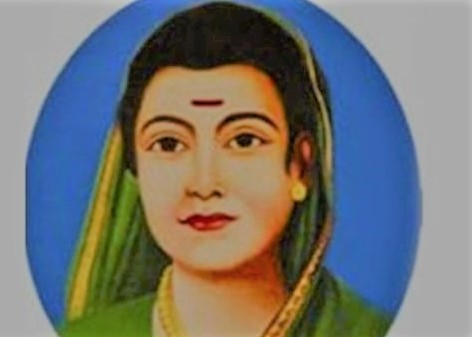
Savitribai was illiterate at the time of her marriage. Her husband Jyotirao taught Savitribai and his cousin Sagunabai Kshirsagar at their home as well as working in their fields. After completing his primary education with Jyotirao, his further studies were the responsibility of his friends Sakharam Yashwant Paranjpe and Keshav Shivram Bhawalkar. He enrolled himself in two teacher training programs. The first was at an institute run by an American missionary, Cynthia Farrar, in Ahmednagar, and the second was at a normal school in Pune. Savitribai was the first Indian woman teacher and principal. Savitribai and her husband established one of the first modern Indian girls’ schools in Pune in 1848 at Bhide Wada. He worked to eliminate discrimination and unfair treatment of people on the basis of caste and gender.
Savitribai Phule was also a writer and poet. She published Kavya Phule in 1854 and Bawan Kashi Subodh Ratnakar in 1892, and also published a poem titled “Go, get education” in which he encouraged people to free themselves by getting education.
Some special things about Savitribai Phule:
Before independence, there was a lot of discrimination against women in India. The status of women in the society was not good. Savitribai Phule was prevented from going to school as a child. But he did not lose the courage to get education. Savitribai Phule’s life was dedicated to women empowerment.
Savitribai Phule was married to Jyotirao Phule in just 9 years. Seeing Savitribai Phule’s dedication towards studies, Jyotirao Phule inspired her to study further. Savitribai took teacher’s training in Ahmednagar and Pune and became a teacher.
The Phule couple opened a total of 18 schools in India. His contribution was also honored by the British.
During his initiative to educate girls, he had to face tremendous opposition from the women of Pune. When she went to teach in the school, women used to throw cow dung and stones at her because they thought that Savitribai was working against religion by teaching girls.
Savitribai also opened an ashram for widows. Apart from this, destitute women, child widows and women abandoned by their families were also given shelter. She also used to teach women and girls in this ashram.
Struggling with caste and patriarchy, his poetry collections were published. He wrote a total of four books. He is also called the forerunner of modern Marathi poetry.

